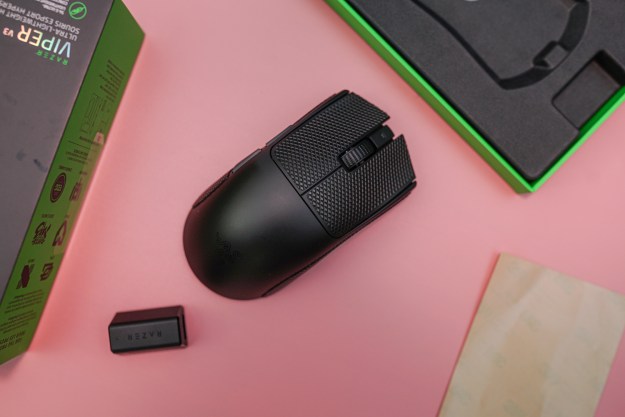
MessageLabs has released its June 2009 MessageLabs Intelligence Report (PDF) covering spam, both via instant messaging and email. Overall, MessageLabs finds that some 90.4 percent of all email traversing the Internet is spam, a figure that’s essentially right in line with May 2009…but MessageLabs attributes that to a several-hour shutdown of a leading bot network in early June; otherwise, June’s spam levels would likely have been higher than spam in May.
MessageLabs found that spam from botnets accounted for 83.2 percent of all spam in June, with most of the remainder being sent from compromised mail servers and Web-based email services.
MessageLabs also found significant regional variations in spam levels: for instance, spam levels in France increased by 8.6 percent in June (making it the most-spammed country) and Germany’s spam rate hit 96 percent of all email, with the Netherlands close behind at 93.9 percent. Spam levels in the United States, conversely, amounted to a mere 78.4 percent of all email, and Canada is even further under the radar, with spam accounting for just 72.2 percent of all email.
The report notes that the FTC-mandated shutdown of the California-based ISP Pricewert significantly cut into the output from Cutwail, believed to be the largest spam-producing botnet responsible for about 45 percent of all spam. However, unlike the McColo shutdown in late 2008—which caused worldwide spam levels to drop for some months—Cutwail was able to recover to one third of its typical spam-producing levels within a few hours, indicating the botnet has successfully diversified its command-and-control architecture.
MessageLabs also found that about 1 in 78 instant messages containing a hyperlink point to a site hosting malicious content.


